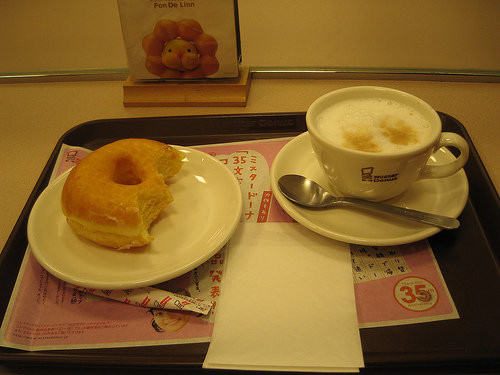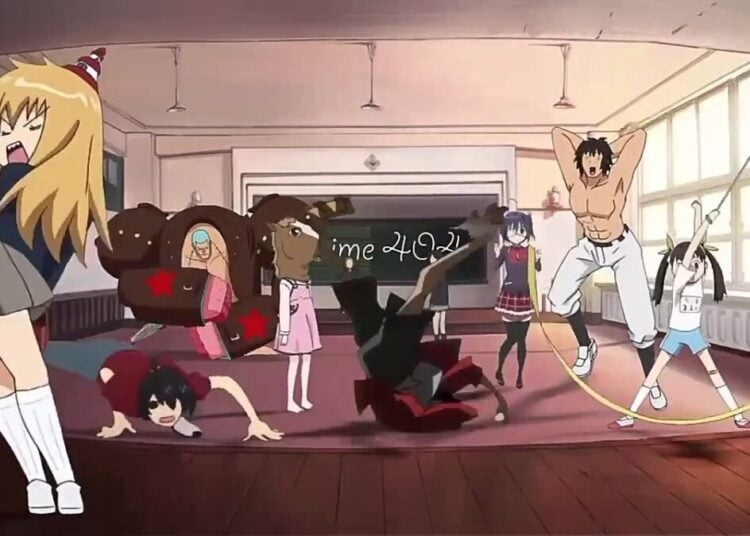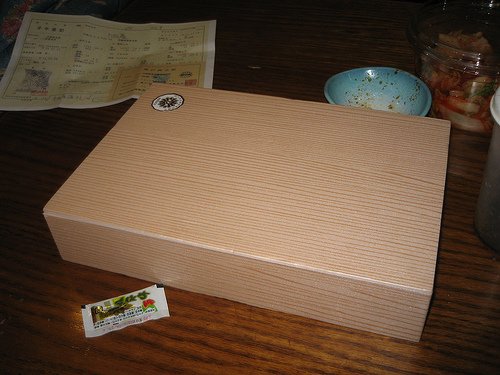Studying a foreign language is fun because it helps you learn about your own language, too. I’ve always been interested in the idea of morphemes, which are the smallest units of meaning in a word, and how they work in other languages. A word like “unladylike” has three useful chunks of information, un + lady + like, while a word like “communism” consists of two morphemes, commune (a group of people sharing their possessions) + ism (indicating a doctrine or theory). Just as many of the words used in the West came from Latin or Greek, Japanese vocabulary are usually kanji-based. Indicating a nationality or a language is easy — just add jin (人, meaning person; it rhymes with “seen”) or go (語, language) to the country name. A word like “communism” is expressed by breaking down the original meaning, in this case kyousan (共産, produce together) and shugi (主義, main belief, which corresponds to the morpheme “ism” in English). All countries have kanji that represent them, allowing you to make some very efficient words, like Perry + come + sun (Japan) for “the coming of Admiral Perry to Japan” (ペリー来日) or sun + rice (America) + relationship for “Japan-American relations” (日米関係) Although learning how to read kanji is no picnic, it’s nice that there are no exceptions with kanji-built words. Suffixes for nationality in English can be confusing — is someone from Burma a Burminian or a Burmite or a Burmese? — but in Japanese, you only have to remember that jin character.
Compliment any Japanese on how good their English is, or how pretty they look if female, and you may experience that famous Japanese modesty: the recipient of your praise will likely deny your kind words vehemently. This is because in Japan, modesty is considered a good trait to have, and someone who flaunts his or her talents openly rather than hiding them politely would be seen in a negative light. Sometimes Japanese modesty can be quite ridiculous: if you bake a cake for someone, you usually give it to them while saying something like “This probably doesn’t taste good…” I’ve noticed that Japanese modesty stops short when it comes to money, however. I once caught a talk show which featured a big slope, and various famous guests would come, make some small talk with the host, then go sit somewhere on the slope to indicate how much money they a made annually. Poor swimsuit idol Yoko Kumada was stuck near the bottom of the hill, while famous actor and former baseball star Eiji Bando was happy to saunter to the top, indicating his considerable wealth.
It’s still February, but signs of Spring are popping up everywhere. Suntory has brought out their new Spring-limited Sawayaka Harunama (“Refreshing Spring Draft Beer”), specially formulated to taste good while sitting under the cherry blossom trees enjoying the beauty of the sakura petals falling all around you. Along with School Sports Day in the Fall, Spring is one of the primary seasons for buying video cameras, and Panasonic is pushing their lineup of products to parents of first-graders who will be entering school — who wouldn’t want to record that event for posterity? This year’s Panasonic commercial is really beautiful, filled with images of children running through dancing sakura trees while a loving mother records the scene. See it here (Flash required).
















